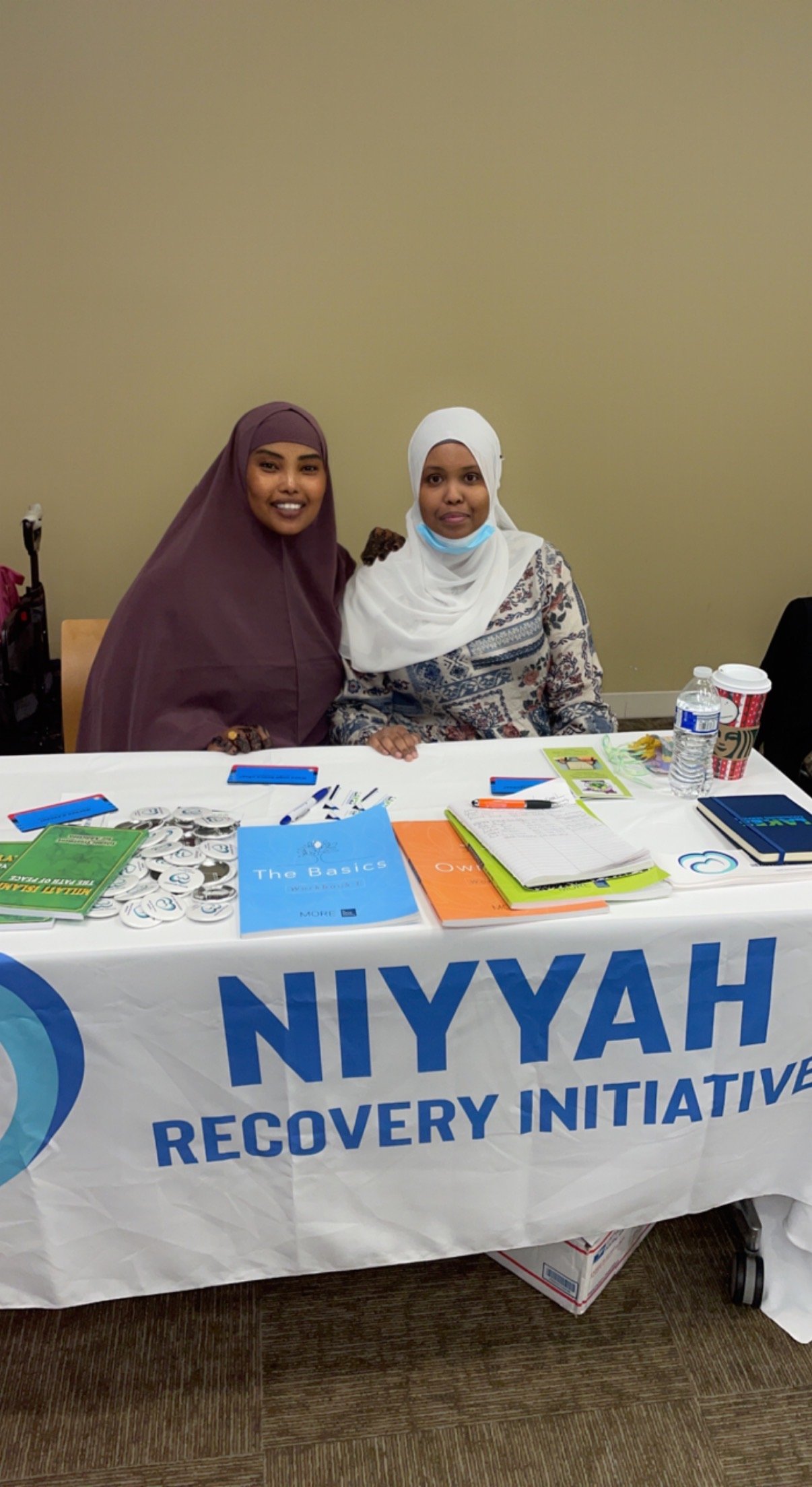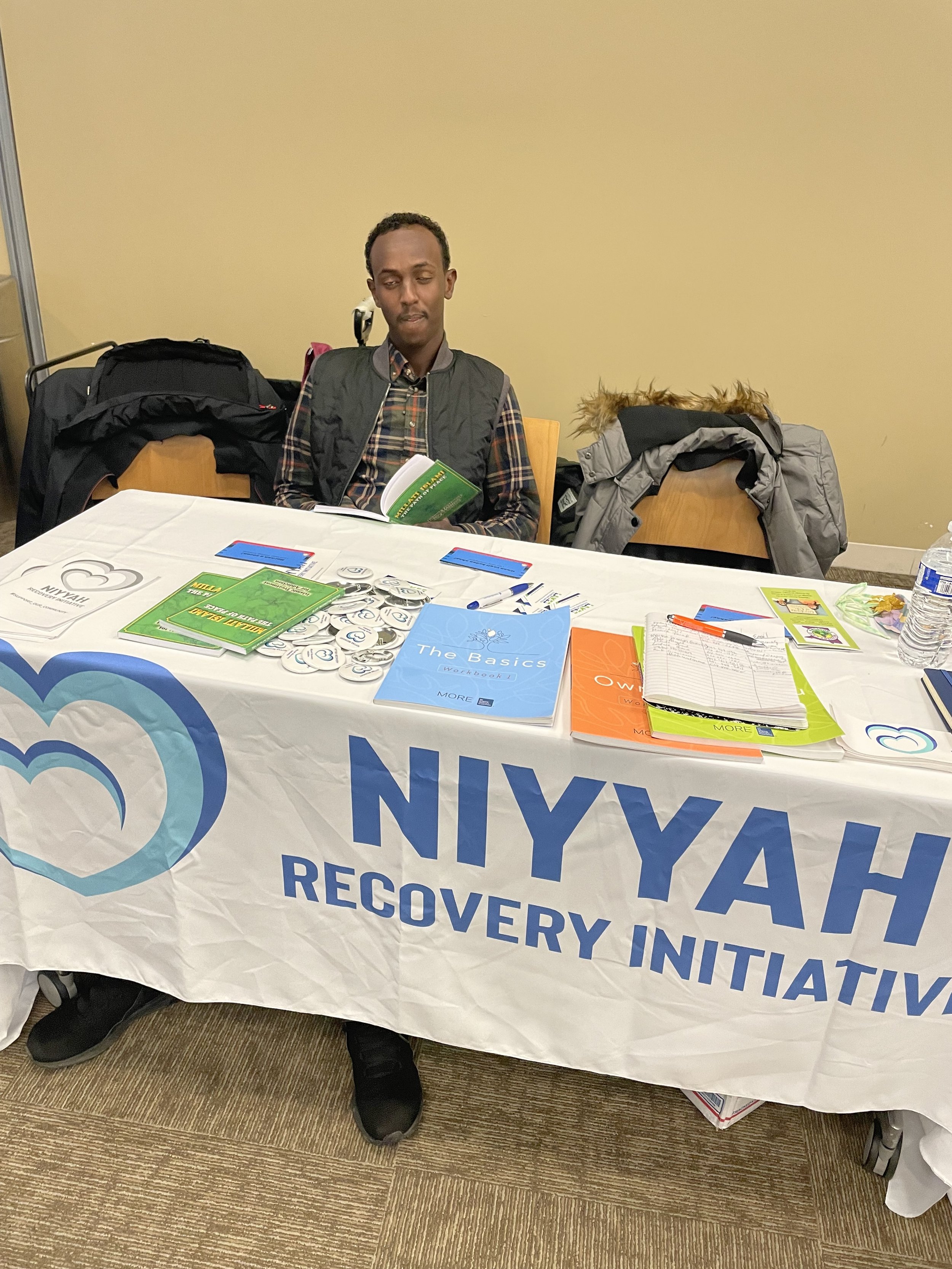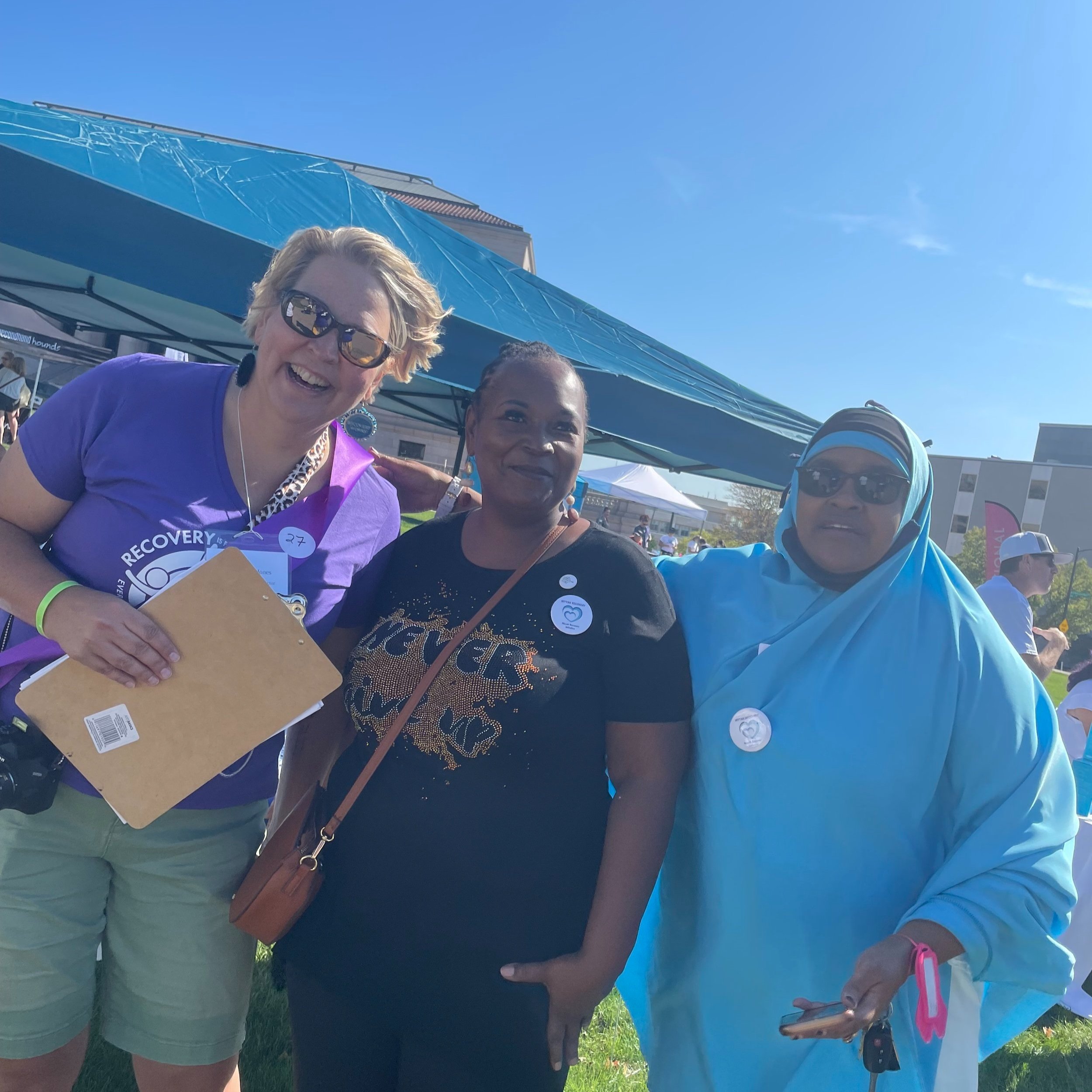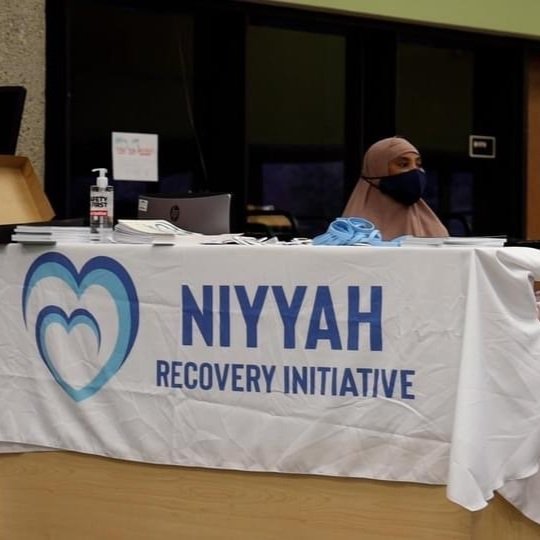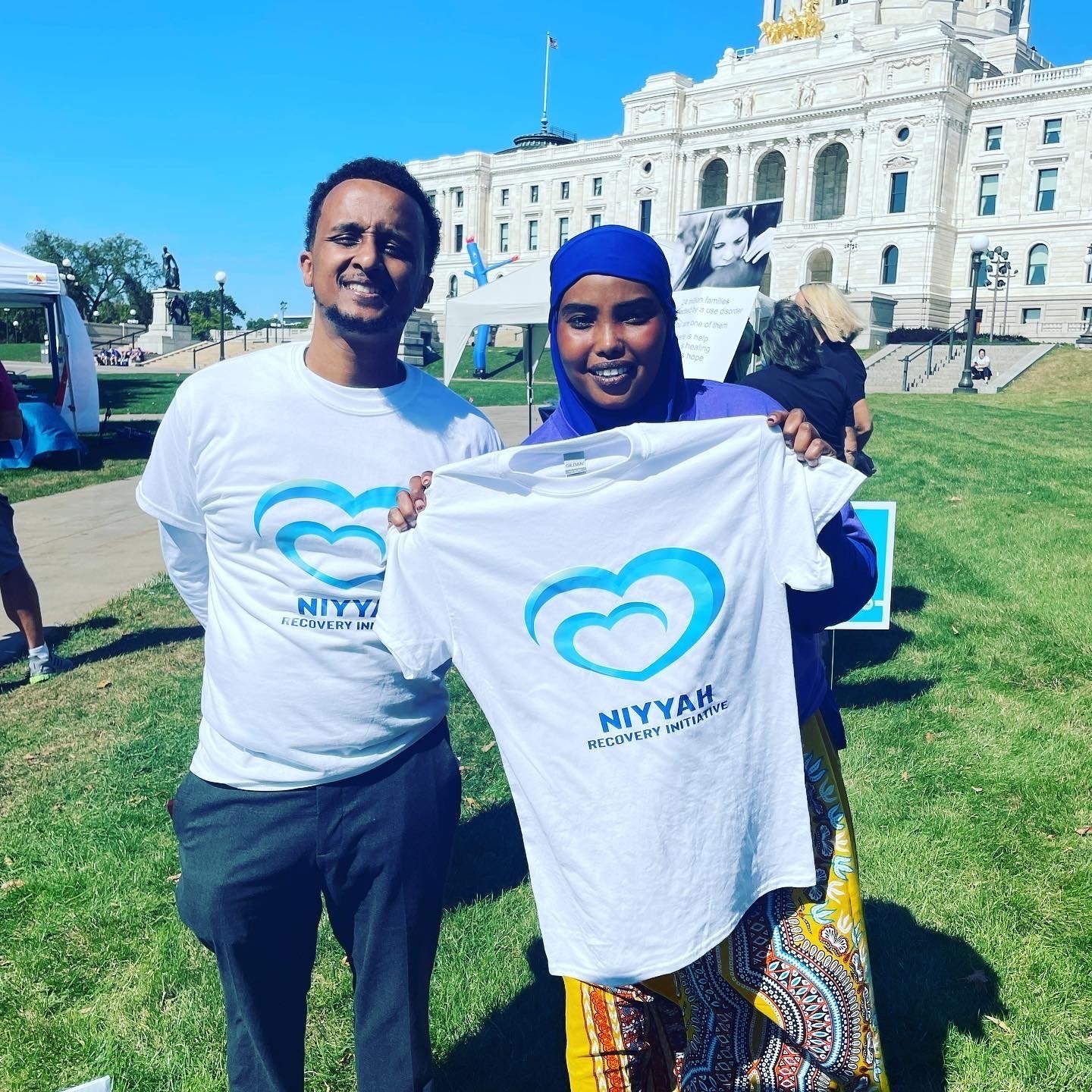











Help. Hope. Healing.
Help is here.
If you’re struggling because drugs or alcohol are ruling your life, we can help. The Niyyah Recovery Initiative offers the helping hand you need to break the cycle of substance use disorder.
In Arabic, “Niyyah” means both “seed” and “intention.” We can help you plant the seed you need to attain sobriety. And we can help you with the intention you’ll need to sink deep roots and nurture your long-term recovery.
Niyyah’s own roots are anchored in Minnesota’s East African and Muslim immigrant communities. So we understand you if that’s where you come from. We understand the shaming and shunning that can make your recovery harder. It doesn’t have to be that way. With the help of Niyyah, it won’t be. Whatever it is, the way you tell your story can make all the difference.
Hope is alive.
Before you can recover, you’ve got to get sober. And to do that, many of us needed some kind of treatment. You might, too.
Treatment can take many forms. The first step is often detox, either as part of a treatment program or taken at stand-alone detox centers like the one operated by Hennepin County.
Inpatient treatment is the most intensive form, with patients living in a center for a period from a few weeks to a few months. While in treatment, you will receive therapy to address your specific needs, meet with peers to better understand your disease and be given tools to help you support your recovery after you’re discharged.
Outpatient treatment allows patients to keep living at home, go to work or attend school while starting to recover from substance use disorder. Depending on the severity of your addiction, you’ll meet with addiction specialists and your peers, anywhere from once a week to almost every day.
Medication-assisted treatment is most often used with patients suffering from opioid use disorder. If you’re trying to break free from an opioid addiction, medications such as naltrexone and suboxone can be powerful tools to reduce your cravings and reduce the risk of relapsing. These medicines are given under medical supervision and usually are combined with continuing recovery support.
Healing is possible.
Your disease is bigger than you. Your substance use disorder is a sickness that also infects your family, your friends and your community.
All of these people have a stake in your recovery and want to help you.
Often, the biggest step these people will take is an intervention with someone who has a substance use disorder. It’s designed to help the person recognize how their behavior has affected these people – and to recognize the fact that they need help.
The key to making the intervention work telling the truth: These people, who care so much about you, are telling you what’s so dangerous and frightening about where drugs or alcohol have taken you. They want to help you get help to begin healing.
And talking isn’t just limited to the person with a substance use disorder. We need to talk about this disease with each other, to bring it out of the shadows of shame and stigma. Silence will kill. Mothers, fathers, brothers, sisters, imams, teachers – all of us need to start talking. So more of us can recover.


